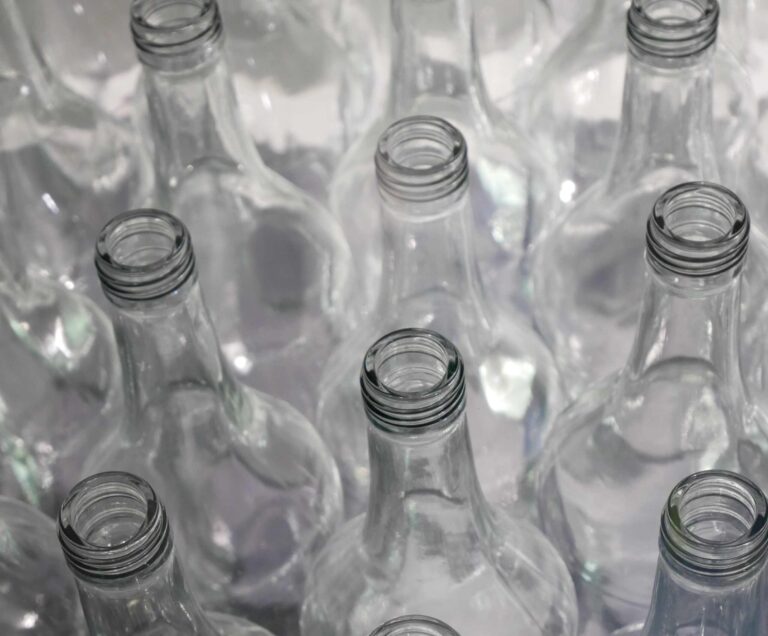Glass is a versatile material that has been used for thousands of years. It’s a perfect example of how recycling can benefit the environment.
Glass recycling is good for the Earth and saves energy and money.
Table of Contents
Why is glass excellent for recycling
Glass is a solid material made up of silica (silicon dioxide), but did you know that it can be recycled? In fact, glass makes up around two-thirds of all the waste collected at recycling facilities. It’s also one of the oldest recyclable materials—people have been reusing glass containers for thousands of years.
To make new glass, a mixture called batch is melted together in a furnace to form molten glass. This liquid can then be shaped into items like windows and bottles using molds. They can also be blown into shapes by blowing air into a pipe connected to the molten batch.
In its basic form, the window pane consists mostly of silica sand mixed with soda ash and limestone (calcium carbonate). The three ingredients are heated in an electric kiln until they melt into a clear liquid substance known as batch. This is because it hasn’t yet been processed for use in manufacturing products such as windows or bottles yet.
What types of glass is recyclable
So, what types of glass are recyclable? All types. Glass can be recycled over and over again, so it’s a 100% recyclable material. Glass can also be recycled into new glass bottles, jars, and windows.
The majority of glass collected at curbside goes to make new bottles and jars for food and beverages. The most popular products collected by residential recycling programs (52%). Another 35% goes toward making fiberglass insulation for homes; just 2% gets sent to landfills as trash.
Glass recycling, is it worth the effort? Advantages of glass cullet processing
The answer is a resounding yes. Glass recycling has been practiced for thousands of years, and it’s still the best way to go for glass cullet processing. However, if you’ve ever tried to dispose of used glass in a landfill or trash can, then you know just how much waste there is from just one wine bottle. And that’s only one type of recycled material.
Recycling glass cullet is worth the effort because it creates jobs, reduces pollution, saves natural resources like sand and coal, and reduces energy consumption during production (making them less expensive).
It also supports local communities by creating economic opportunities through employment at recycling companies, where workers receive fair wages for their work.
What is recycled glass used for?
Glass is not just used for glasses and windows. It’s also one of the most versatile materials in the world. Here are some of the ways recycled glass can help make a difference:
- Construction:
Glass is incredibly strong and durable, so it’s often used as an alternative material to concrete or stone. For example, roads and buildings are constructed with crushed glass mixed with other ingredients such as cement and sand, creating new building materials stronger than standard concrete or brick.
They’re also more environmentally friendly because they use less energy to produce—the same amount of recycled glass can be used for twice as many roadblocks!
- Auto manufacturing:
When you think about cars, you might picture shiny metal parts with solid tires, but did you know that your average car has over 50 pounds (22 kilograms) of glass? That includes windshields, side windows, rearview mirrors…even headlights!
The auto industry relies heavily on recycled glass because it’s affordable yet still very strong. Auto manufacturers have used this resource since at least the 1930s when Henry Ford made his first prototype car out of recycled bottles!
Glass recycling is just one part of a broader strategy to reduce waste
Recycling glass is just one part of a broader strategy to reduce waste, but it can have a huge impact on how much glass ends up in landfills. Glass is a valuable resource, and if you’re recycling it, there’s no need for it to sit in that landfill for hundreds of years.
Since glass is so durable and doesn’t break down easily when exposed to air (compared with other materials), it can be reused over and over again without degrading quality—and this extends its use beyond just food containers.
Read also: Green companies, why it is important to focus on sustainable packaging












